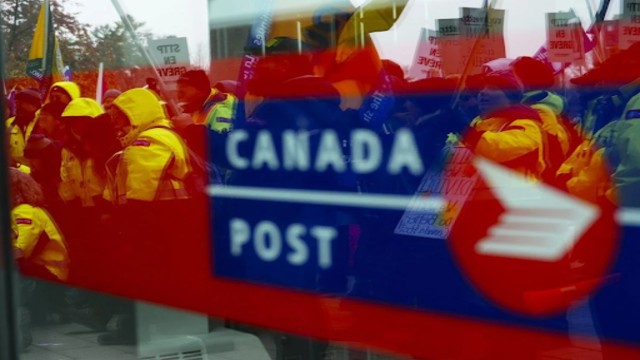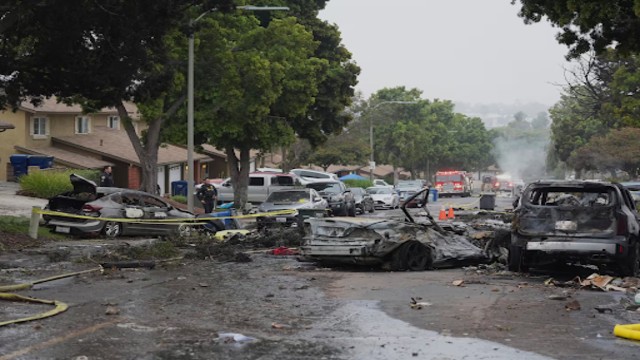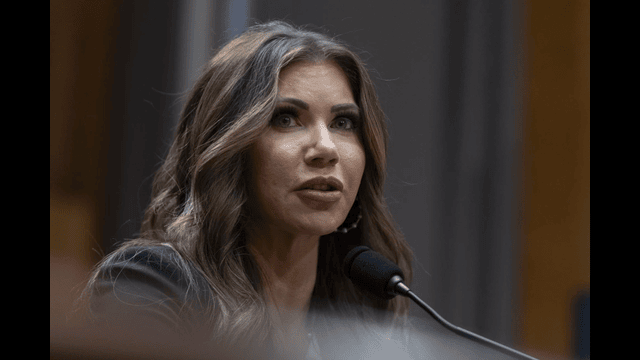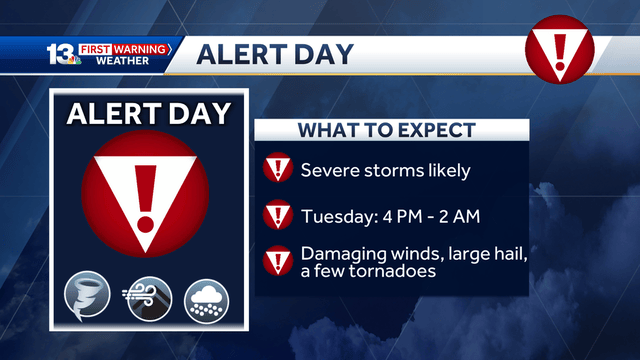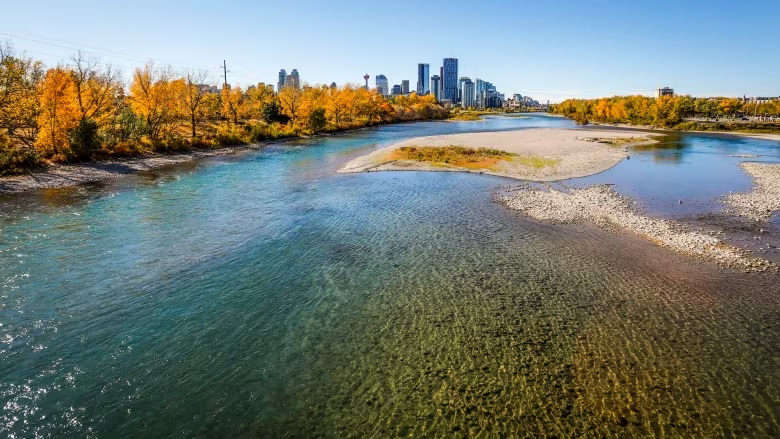
Negotiations are set to begin in Alberta with significant water license holders for collaboration agreements across three crucial river basins, including the Bow, which flows through downtown Calgary, as depicted in a file photo by Jeff McIntosh/The Canadian Press.
In response to mounting concerns over impending water shortages, the province of Alberta has initiated negotiations with major water licence holders for the Red Deer River, Bow River, and Old Man River basins. This move comes as a response to significantly reduced mountain snowpack and below-average precipitation, resulting in alarmingly low reservoir levels and record-low river levels, with southern Alberta's agricultural sector anticipated to face substantial challenges.
For the first time since 2001, the provincial government has granted authority to its drought command team to engage in negotiations with major water licence holders. This marks an unprecedented collaborative effort in Alberta's history, reflecting the gravity of the situation. Water usage in Alberta is regulated through the issuance of water licences, and currently, 100% of the province's water is allocated. The existing system, known as "first in time, first in right," has been in place since 1894, requiring the largest water licence holders to voluntarily share more water with municipalities and industry.
As of February 1, Minister of Environment and Protected Areas Rebecca Schulz has announced the commencement of negotiations with major water licence holders to secure significant and timely reductions in water use. Acknowledging the magnitude of this effort, Schulz expressed gratitude to licence holders for their cooperation, emphasizing the necessity of their participation in addressing the crisis.
Irrigation, a major consumer of water in the province, is expected to be a focal point in the negotiations. Alberta boasts the largest irrigated area in Canada, predominantly located in its 11 irrigation districts in southern Alberta along the South Saskatchewan River Basin. Negotiations with irrigation districts are crucial, given that irrigation accounted for over 73% of water allocation in the Bow River sub-basin and over 83% in the Old Man sub-basin in 2020.
Shannon Frank, executive director of the Oldman Watershed Council, stressed the importance of water-sharing agreements to ensure continued access to water, prioritizing human health and livestock. She acknowledged the potential challenges ahead, including lower crop yields and economic impacts. The uncertain outlook prompts concerns about ranchers having to sell off cattle due to insufficient grazing land and water availability.
Richard Phillips, general manager of the Bow River Irrigation District, expressed readiness to share water resources, anticipating the need for adjustments if drought conditions persist. Each irrigation district is expected to set allocations for farmers, allowing them to decide where to apply their allocated water. Phillips noted regional variability in reservoir storage across the province.
The Alberta Energy Regulator had previously warned licence holders of anticipated low flows and water levels persisting into the 2024 calendar year. The Alberta Rivers app currently indicates 51 water shortage advisories in the province. Minister Schulz hinted at a potential review of the water licence system and did not rule out the possibility of declaring a state of emergency depending on the unfolding circumstances.
Negotiations for water-sharing agreements are slated to conclude before March 31, underscoring the urgency of addressing the critical water situation in Alberta.



